Finding Your Zen
Ways to Manage Mood and Stress (for Kids and Caregivers)
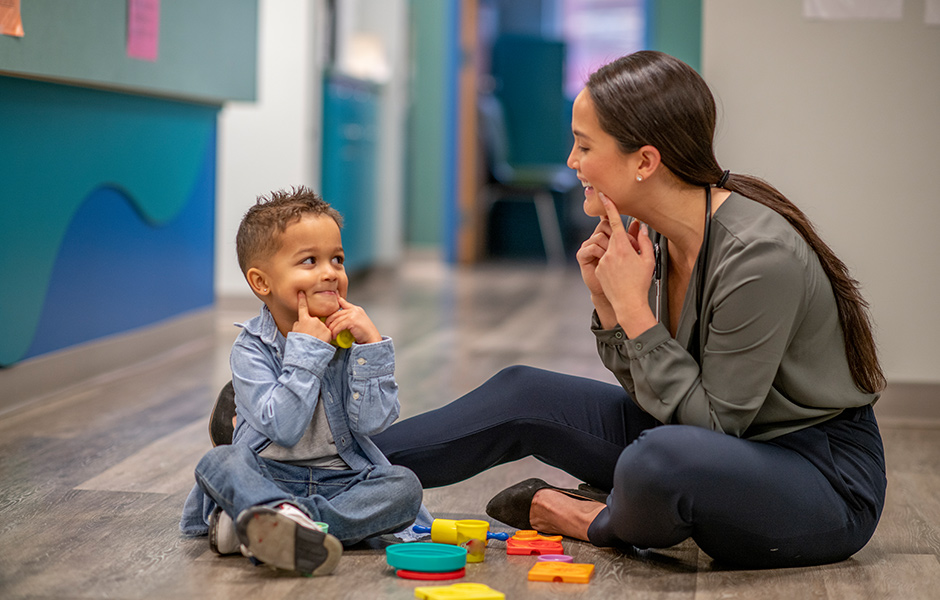
Tools From the Experts in EoE GI Disease Center
Our pediatric specialists have decades of experience helping families manage GI conditions on a day-to-day basis. There are many tools to help you and your child when you're away from the doctor's office. In addition to the individual care and direction they will give you during your visits, here are some resources you can access anytime.
KidsHealth® Stress Center
Breathing to calm the body
Diaphragmatic (dahy-uh-frag-mat-ik) breathing is also called deep breathing or belly breathing. It's a simple technique used to manage stress caused by GI conditions.
It's recommended even to our youngest patients because focusing on our breath is a great way to help our body relax. When practicing diaphragmatic breathing, our stomach — rather than our chest — moves with each breath. It expands while we inhale, and contracts while we exhale. This distracts and quiets the mind.
How does it help?
For kids managing GI symptoms, activating the diaphragm creates a gentle massaging action that's felt by internal organs like the intestines and stomach. This can can reduce belly pain, urgency, bloating and constipation.
It also activates something called our parasympathetic system, which can be thought of as our body's relaxation response, or the "rest and digest" state.
Breathing Exercises

Slow, deep breathing can help you relax, manage stress, relieve anxiety and depression, and more.
Here are a few breathing exercises to try:
- Smiling breath
- Finger Count Breathing
- Belly Breathing
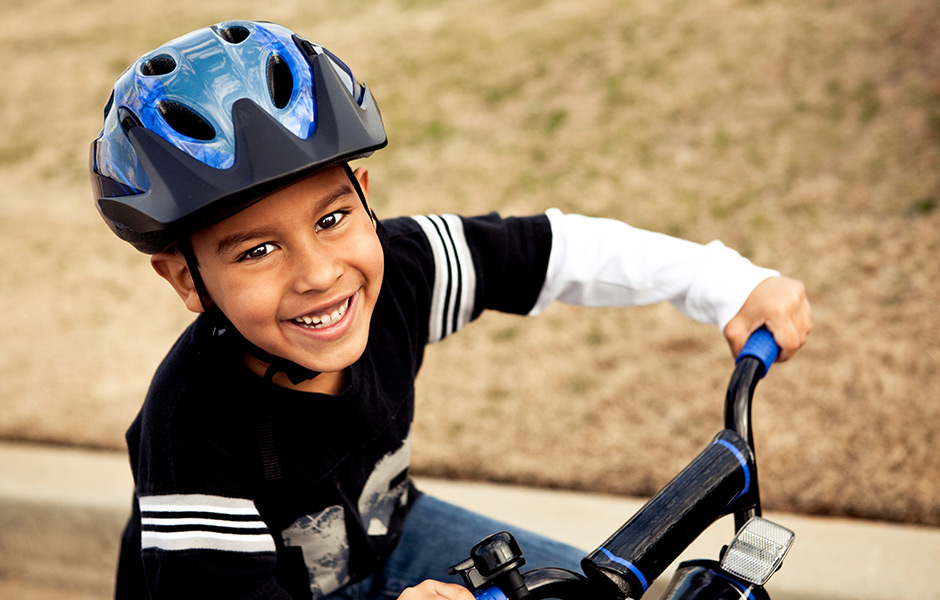
Apps for Diaphragmatic Breathing
Learn to practice diaphragmatic breathing with the help of technology:
- Breathe to Relax
- Breathing Zone
- Room to Breathe
- Anxiety-Free
Raising Resilient Kids Series with Michael Phelps Foundation
Nemours Children’s and the Michael Phelps Foundation have created Raising Resilient Kids, a video series that helps parents tackle common parenting concerns around social-emotional health in children.
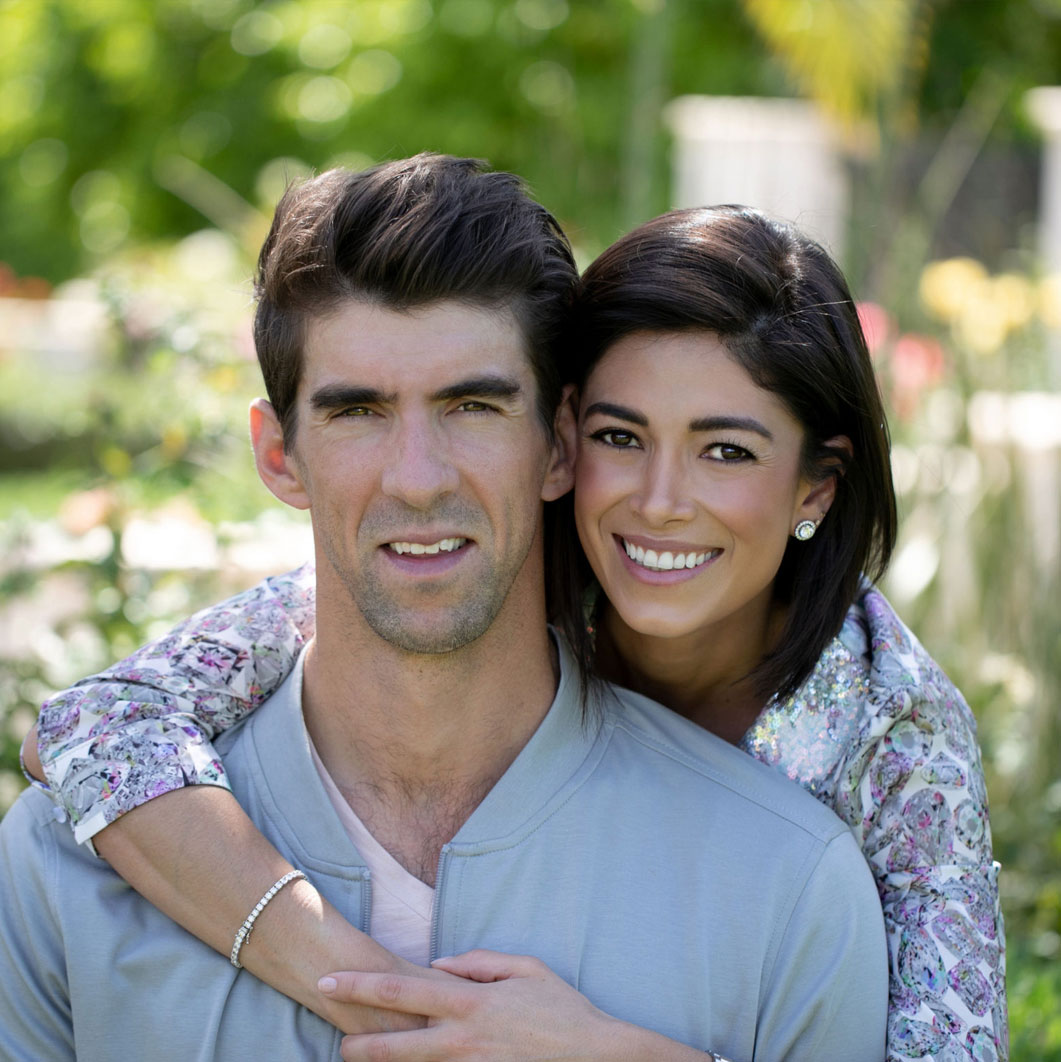

Other Apps and Tools for Kids
Breathe, Think, Do with Sesame is intended for parents and caregivers to use with their young children (ages 2-5)
Super Stretch Yoga is an educational yoga tool to use and teach the fun of physical activity and breathing to children. They will use the skills of self-awareness, self-esteem and self-regulation that they learn from this app as a foundation for the rest of their lives.
Dreamy Kid meditation app offers meditation, guided visualization and affirmations curated just for children & teens.
Mindful Walking and Meditation

Walking meditation is a way to practice moving without a goal or intention. Mindful walking simply means walking while being aware of each step and of our breath.
Mindful walking can release our sorrows and our worries and help bring peace into our body and mind.

Guided imagery and Meditation
Guided imagery is like taking a short vacation in your mind. It means using your imagination in a focused way and being in your "happy place." Picture yourself sitting on a beach, listening to the waves, smelling the ocean, and feeling the warm sand underneath you.
There are plenty of apps and videos in your family's streaming services to explore. Here's one from Nemours® KidsHealth® to try:
Mind Mapping
A mind map is used to organize information in a way that you can see.
Mind or thought mapping helps you look at the ideas in your head and organize them in the order of importance. This lowers the feeling of anxiety (or feeling overwhelmed) when you have too much to do. There are apps for mind mapping, including:
- Freemind
- Xmind
- MindNode
- Mindly
- Simple Mind
- Vision boards
- Scribble
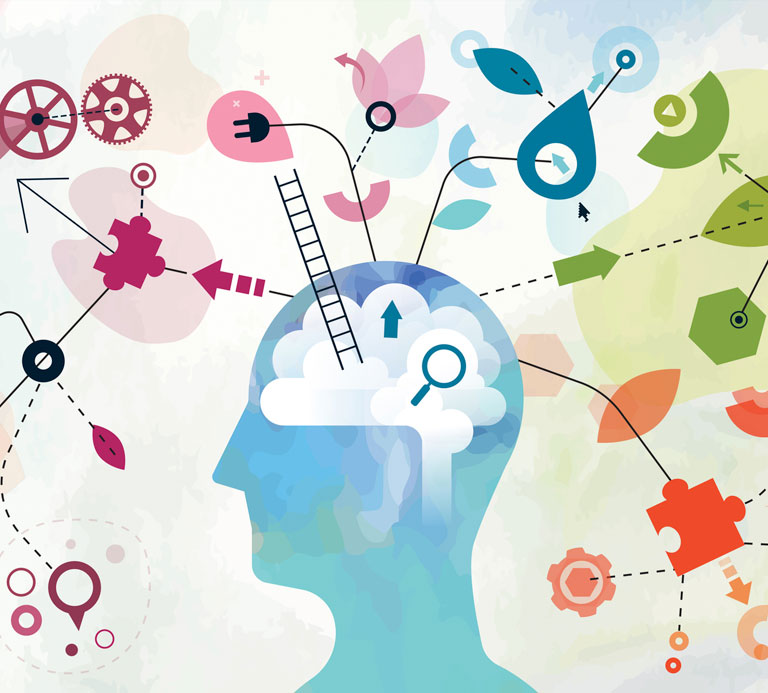
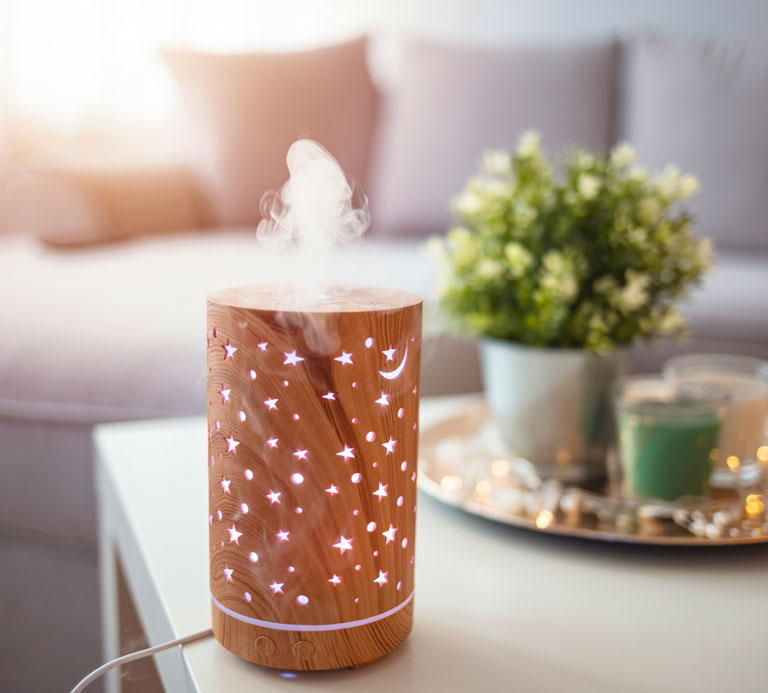
Enjoy Aromatherapy
Aromatherapy has real benefits for stress relief. It can help you to feel energized, more relaxed, or more present in the moment.
Research suggests certain smells can even change brain wave activity and lower stress hormones in the body.
Aromatherapy can include things you enjoy like:
- Candles (with the help of an adult)
- Diffusers
- Body products
- Essential oils
Practice Yoga

Yoga combines physical movement, meditation, light exercise, and controlled breathing, all of which provide excellent stress relief.
Here are some yoga poses for you to learn about and try:
- Neck Stretch
- Tree Pose
- Seated Spinal Twist
- Warrior
- Reverse Namaste Arms
- Horse Stance With Lion’s Breath

Identify Your Feelings
Being present in your environment is another great way to find your zen. Practice anytime by taking a few moments to look around you.
Name one thing that you can see, hear, feel, taste, touch, smell.
Talking about your feelings is another way. It can help you feel close to people who care. It can also help you feel better when you're sad or scared.
Other Activities
- Learn to bake
- Talk to someone
- Listen to or play music
- Spend time with animals and pets
- Create art
- Go outside and enjoy nature
- Ride your bike
- Pop some bubbles
- Go for a swim
- Hang out with your family



